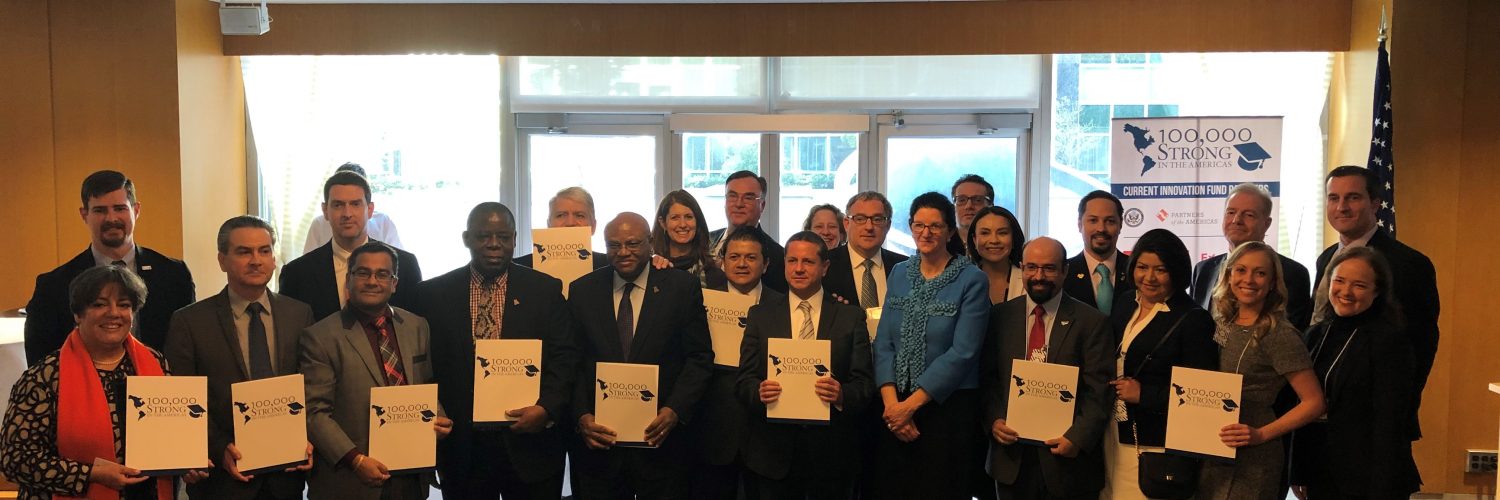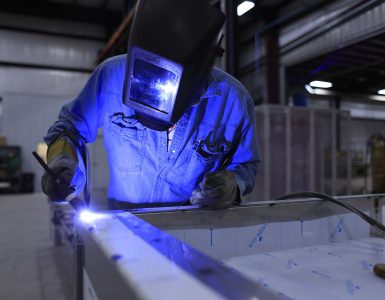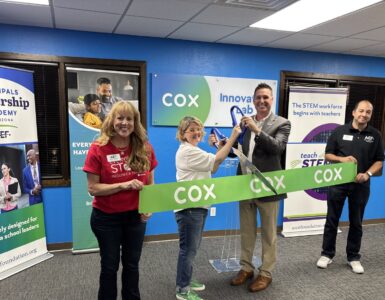Northern Arizona University and institutions of higher education in Argentina and Mexico are joining together to teach students about the mining industry and create international connections.
Leaders United for Positive Energy (LUPE) is a mining industry-focused learning initiative among the following institutions of higher education:
- Northern Arizona University (NAU), United States
- Universidad Nacional de Tucumán, Argentina
- Universidad Nacional de Tierra del Fuego, Argentina
- Centro Austral de Investigaciones Científicas, Argentina
- Universidad Tecnológica de Hermosillo, México
LUPE will be held at NAU in October 2019 and the partner institutions will send students and faculty to participate in the program.
“In total there would be 12 students and three faculty members coming from various parts of Argentina and Hermosillo, Mexico to Arizona in October to participate alongside students that we select here, which will be another four, and professors here at NAU,” Kristin Allen, Strategic Latin American Initiatives program manager at NAU, said.
The U.S. Department of State and Partners of the Americas awarded the LUPE team and ten other partnerships a $25,000 grant through the 100,000 Strong in the Americas Innovation Fund grant competition.
“Each year a different corporation funds what is called their Innovation Fund and this round was funded specifically by Exxon Mobil,” Allen said. “And so, through Partners of the Americas who really coordinates the entire initiative, Exxon Mobil and then the U.S. State Department are really able to push this out and make it happen.”
“[The students] will get to see the different aspects that are involved basically from start to finish within what would be the experience of mining,” Allen said.
She added, “And, they’re also doing so in cross-cultural teams. They’re not just having to use language skills but they’re also starting to understand one another from a different cultural perspective.”
For the first part of the program, the students will learn about regional and energy resources.
“To kick off the program, we will begin with a science segment in which students will look at the regional geology of each participating partner’s geographic location,” Allen explained.
Faculty will hold seminars and the students will present about the energy resources in their region.
After that, the students will learn about regional policy in the mining industry through seminars and faculty-led discussions.
“The students are going to be learning about and discussing how mining policy is created, specifically in each one of the participating countries,” Allen said.
After students learn about resources and policy at the NAU campus, they will have the opportunity to travel to a Native American reservation to learn about social justice.
“Each participating location is home to important indigenous communities. An important aspect of the program will be to discuss how local communities are affected by mining activity, understanding local culture and how community relations are navigated before and throughout the process.” Allen said.
Toward the end of the program, participants will travel to Phoenix to learn more about the industry from leaders and professionals.
Allen explained that the Arizona-Mexico Commission provides support through coordinating site visits, discussions and roundtables with industry leaders.
She said the AMC’s support will help the program “cover a lot of different areas in this field in a little bit of time.”
The students will have the chance to see the science, policy and social justice issues they learned about in the beginning of the program put into action.
“A large focus of bringing in the AMC is the ability for [the students] to see how public-private partnerships work and for the students here and in Mexico and Argentina to see how those partnerships tend to work and also how they work across borders,” Allen said.
In addition to the knowledge the students will gain, they will have the opportunity to create international connections.
“The main goal is for us to create a larger university partner network,” Allen said. “So, through this project we’re hoping to build a web that will connect Northern Arizona with two locations in Argentina and continue the work in Mexico, but also connecting those three institutions with one another.”
















Add comment